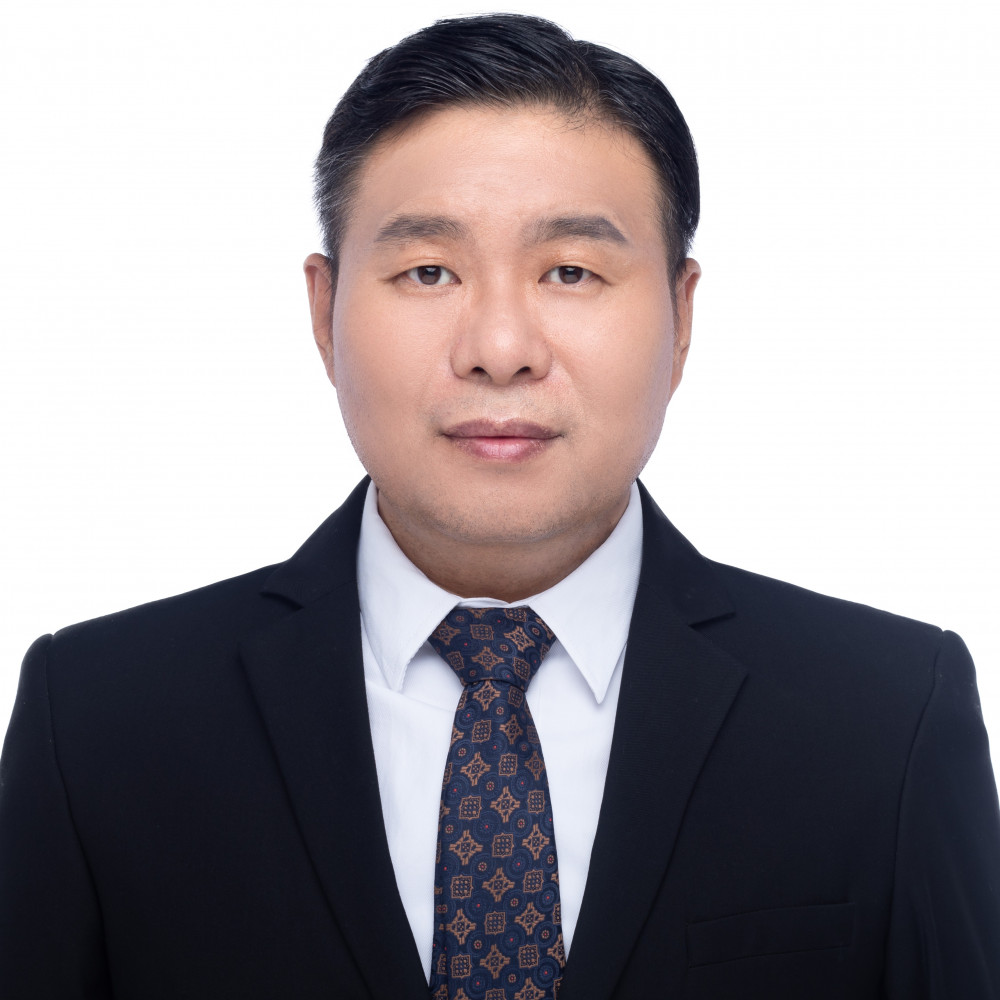Speakers
‹ Back
Dr Junguo Liu
President / Professor, North China University of Water Resources and Electric Power
CV
Junguo Liu currently serves as the president of the North China University of Water Resources and Electric Power (NCWU). Liu is a member of numerous learned societies, including the Swiss Academy of Engineering Science, Academia Europaea (The Academy of Europe), and the World Academy of Arts and Sciences. He was also appointed as a Fellow of the American Association for the Advancement of Science, the Royal Meteorological Society, and the Royal Geographical Society of UK.
Dr. Liu has earned an excellent international reputation through his significant contributions to the fields of water resources research, ecological restoration, and environmental sustainability. He addresses research questions such as how water use, water quality and water scarcity are affected by socio-economic activities, how they vary among regions and how they may evolve over time, and what management strategies could effectively mitigate resources scarcity and restore degraded ecosystems. He founded China's first provincial-level society devoted to ecological restoration and was subsequently elected as the inaugural and subsequent president (currently holding the position of Honorary President) of the Society for Ecological Rehabilitation of Beijing.
With extensive working experience in countries such as China, Austria, the Netherlands, Switzerland, Germany, the UK, and the US, among others, Dr. Liu has served as an expert consultant for various international organizations, including UN-Water, UNEP, IUCN, FAO, and the Alliance for Global Water Adaptation (AGWA). He was selected as a Lead Author of the Intergovernmental Panel on Climate Change (IPCC) Sixth Assessment Report.
He has received several prestigious awards, such as the IAHS-UNESCO-WMO International Hydrology Prize - Volker Medal (2023), the World Academy of Sciences Award (2022), the Paul A. Witherspoon Lecture Award of the American Geophysical Union (2021), the Communication Award of the International Society for Ecological Restoration (2017).
He has published over 300 scientific articles and books and is listed as a Highly Cited Researcher (Cross Field) by Clarivate.
Abstract
Abstract:We will organize the side event as follows:
1. Introduction (~5 minutes)
- Junguo Liu will give a brief introduction to the side event to set the stage.
2. Presentations (~1 hour)
- Each of the three speakers will have about 20 minutes to present.
3. Discussion (~20 minutes)
- This part of the session will focus on exploring institutional collaborations among our four institutes (NCWU, IHE Delft, ICHARM, HUN-REN) and potentially others.
- The discussion will include reactions to the presentations, questions among the panelists, and space for new ideas.
- The session will end with audience Q&A, moderated by the panel, followed by brief closing remarks from each speaker and a summary of key points.
4. Signing Ceremony
- As the concluding item, Eddy Moors and Junguo Liu will sign the MoU on behalf of IHE Delft and NCWU.
Attachment
Abstract
Abstract:I will begin by emphasizing the importance of water, food, and energy in the context of climate change and human development. Next, I will share key research findings from my team on the water-energy-food nexus. To conclude, I will outline the path forward: moving beyond isolated approaches, focusing on the scarcity nexus (three-dimensional water scarcity assessment), the water nexus (water-energy-food nexus for sustainable development), and the institute nexus (multi-institutional collaboration to tackle water challenges).
As a key recommendation, I propose the establishment of an international big science initiative—Earth Water Futures—to drive next-generation water solutions for future generations.
Attachment
Abstract
Abstract:Water is fundamental to life and civilization, yet it is increasingly under threat due to human-induced climate change, pollution, and ecosystem degradation. Key issues include water scarcity ("too little"), flooding ("too much"), pollution ("too dirty"), and ecosystem collapse ("too degraded"). These challenges jeopardize sustainable development and global well-being.
I propose an International Big Science Initiative, Earth Water Futures, to advance next-generation solutions to the water crisis for the benefit of future generations. Aligned with the Pact for the Future, Earth Water Futures seeks to integrate cutting-edge research, innovation, and multi-institutional cooperation to ensure water security. The initiative envisions projects such as Global Water Atlas for real-time monitoring of water crises, Water Genome Project for stepwise ecological restoration, climate-resilient solutions for water sustainability. By pooling global resources and expertise, Earth Water Futures aims to build a sustainable, equitable future where water sustains life, development, and peace for generations to come.